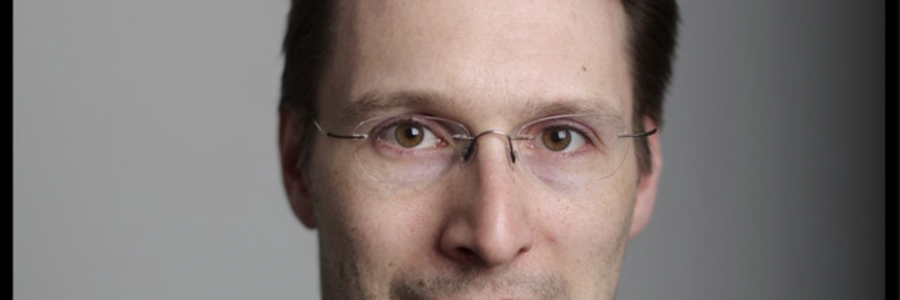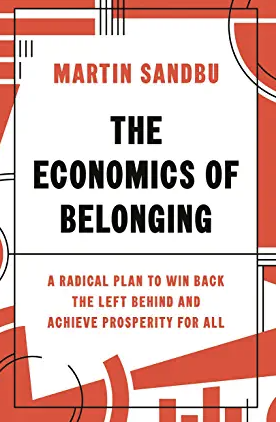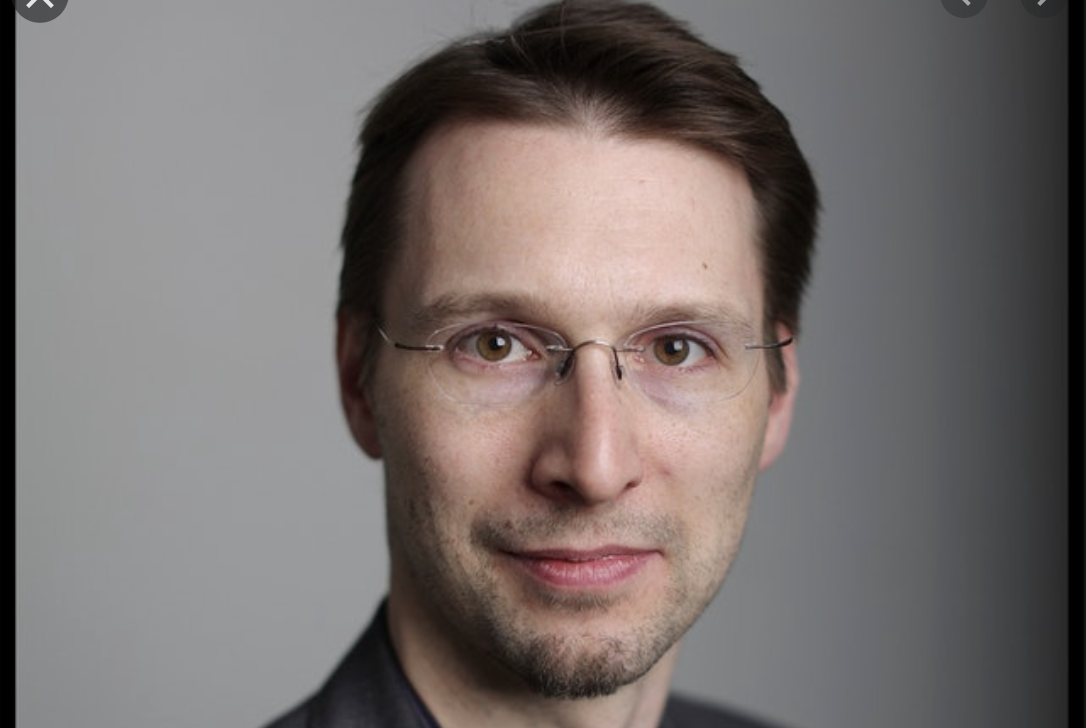
Implement and practice radical plans


In Martin Sandbu’s The Economic of Belonging, a innovative and pervasive new approach to economic policy that addresses the symptoms and causes of inequality in Western society fuelled by populism and the frustrations of the disenfranchised, make a case to win back the left behind -those abandoned as economic jetsam by the rising tide of globalisation and technological change.
The Economics of Belonging starts with two 1930s radicals, Roosevelt and Hitler, who took different paths out of depressed economic circumstances. The architects of current predicament in the West were Thatcher and Regan , reacting to the 1970s economic crisis. The 2008 financial crisis paved way for today’s radical President Donald Trump. Radical plans need radicals to put them into practice.
His advocacy of more but better globalisation predates the pandemic. The coronavirus recession does not change the diagnosis of what has gone wrong with liberal democracies and market economies.
The first diagnosis, belonging here, is about not being left behind, rather than group identity. People whose earnings stagnated, and hold precarious jobs, lived towns scarred by austerity they are the Unbelongers.
Poor education is the major culprit given the sill-bias of technological change. While demand for highly educated workers has increased in western economies, supply has not kept pace.
Not having a college degree is a passport to low-paid routine jobs. Sandbu argues technology is responsible for this inequality and that globalisation has been unfairly scapegoated: Trade and automation are in effect substitutes and even if manufacturing could be reshored in Western Europe and US it would be done by machines not people.
There is widespread rejection of the economic and political order that Western countries built up after 194, as political debates turned into violent clashes between those who want to take their country back and those viewed as defending an elitist, broken and unpatriotic social contract.
The Economic of Belonging argues we should step back and take a fresh look at the root causes of our current challenges.
Martin Sandbu argues that economic remains at the heart of our widening inequality and it is only by focusing on the right policies that we can address it, with a detailed radical plan for creating a just economy where everyone can belong.
The rising number of people left behind is because of unavoidable domestic policies which have eroded the foundations of an economy in which everyone can participate and would have done so even with a much less globalised economy. We have to double down on economic openness while pursuing dramatic reforms involving productivity, regional development, support for small and medium-sized businesses and increased worker representation according to Martin Sandbu.
A More active macroeconomic policy, education for all, universal basic income, and better taxation of capital could work together for society’s benefit.
Sandbu advocates to spend more on education, and combine with active labour market policies, a high minimum wage, and limits on top pay. Skilling up the workforce and compressing the wage distribution will remove incentive to hire low wage, low-skill workers. In the US poor immigrant workers wash cars manually at stoplights compared to Norwegian operators of automated car washes.
Empower workers, universal basic income, ownership rights for personal data, employee representation are some of the other policies.
The Economics of Belonging by Martin Sandbu, Princeton £20/$24.95, 296 pages.
